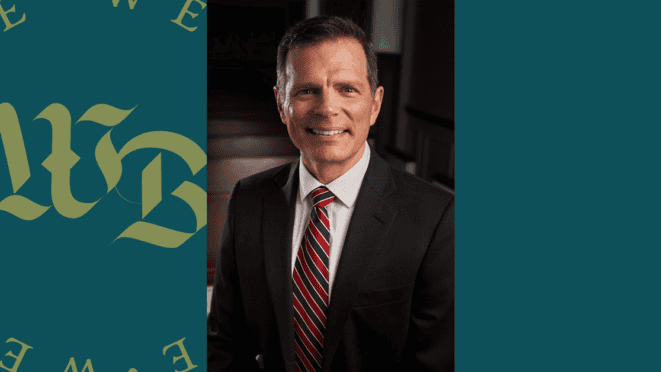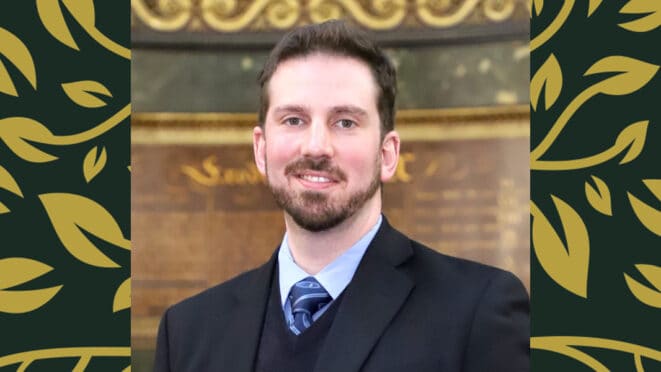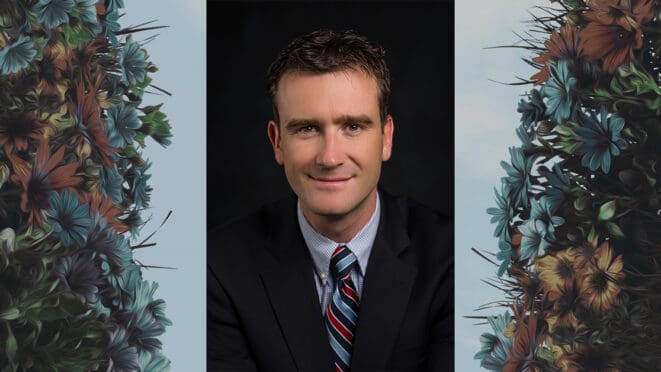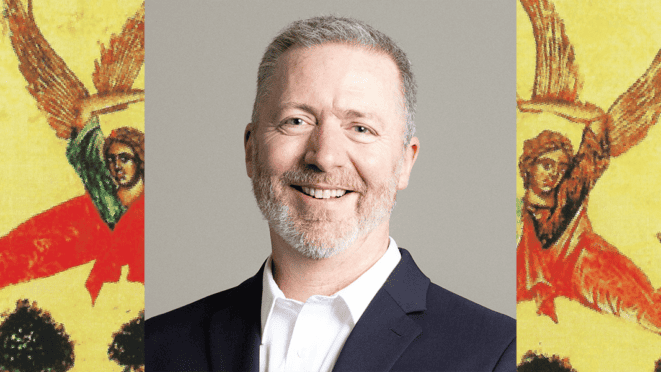J. V. Fesko is the author of The Giver of Life: The Biblical Doctrine of the Holy Spirit and Salvation. In his new book, he reflects on the person and work of the Holy Spirit in the application of Christ’s work for the salvation of sinners, provides a thorough and trustworthy guide to the Holy
Read moreReformed Covenant Theology: An Interview with Harrison Perkins
Harrison Perkins is the author of Reformed Covenant Theology: A Systematic Introduction. In his new book, he shows how Christ and his work are the heart of that covenant relationship. Since God lives in covenant with his redeemed people, covenant theology provides a framework for Christians to grow in their life with God, to read
Read moreMake Sense of the End Times
Understanding eschatology can be both a source of comfort and a challenge. Navigate the complex landscape of end-times theology with these resources, offering insights grounded in Scripture. The End of the World as You Know It: What the Bible Really Says about the End Times (And Why It’s Good News) “Anyone who has ever embraced
Read moreSeek Unity in an Age of Division
In an increasingly polarized world, the call to seek unity within Christian communities is more important than ever. These resources explore the significance of the church in today’s world and show how cultivating unity can strengthen our communities and bear witness to the transformative love of Christ. Uncommon Unity: Wisdom for the Church in an
Read moreHow Should We Then Die? An Interview with Ewan C. Goligher on Physician-Assisted Death
In our interview below, we talk with Ewan C. Goligher about his new book How Should We then Die? A Christian Response to Physician-Assisted Death. Ewan C. Goligher (MD, University of British Columbia; PhD, University of Toronto) is assistant professor of medicine at the University of Toronto and has published over 100 papers and several book
Read moreCrowned with Glory and Honor: An Interview with Michael A. Wilkinson
Michael A. Wilkinson is the author of Crowned with Glory and Honor: A Chalcedonian Anthropology. The field of theological anthropology is at a standstill, mired in debate between dualist and physicalist perspectives on body and soul. In Crowned with Glory and Honor, Michael A. Wilkinson argues that the man Jesus is the way forward. Anthropology
Read moreThe End of the World as You Know It: An Interview with Matthew L. Halsted
Matthew L. Halsted is the author of The End of the World as You Know It: What the Bible Really Says about the End Times (And Why It’s Good News). In The End of the World as You Know It, Matthew L. Halsted challenges common end-times assumptions and points us back to Scripture. Each chapter
Read moreThe Arrival of the King: The Shape and Story of Psalms 15-24: An Interview with Carissa Quinn
Carissa Quinn is the author of The Arrival of the King: The Shape and Story of Psalms 15-24. Quinn interprets Psalms 15–24 as a sequence and a chiasm, revealing provocative links in adjacent and parallel psalms. These psalms have a sense of progress, beginning with the question of who may ascend the holy hill and
Read moreFatCat: The Ten Commandments: An Interview with Natasha Kennedy
The Ten Commandments is the newest installment in our beloved childrens’ FatCat series, illustrated by Natasha Kennedy and written by Harold L. Senkbeil. In The Ten Commandments, each commandment has a reflection on its meaning and illustrations from Jesus’ life. As you read each commandment, see how Jesus fulfilled God’s will for us and showed
Read moreFundamentalists in the Public Square: An Interview with Madison Trammel
Madison Trammel is the author of Fundamentalists in the Public Square: Evolution, Alcohol, and Culture Wars after the Scopes Trial, which is part of the Studies in Historical and Systematic Theology series. Grounded in historical evidence, Fundamentalists in the Public Square offers a fresh take on the relationship between fundamentalism, evangelicalism, and the public square.
Read more









